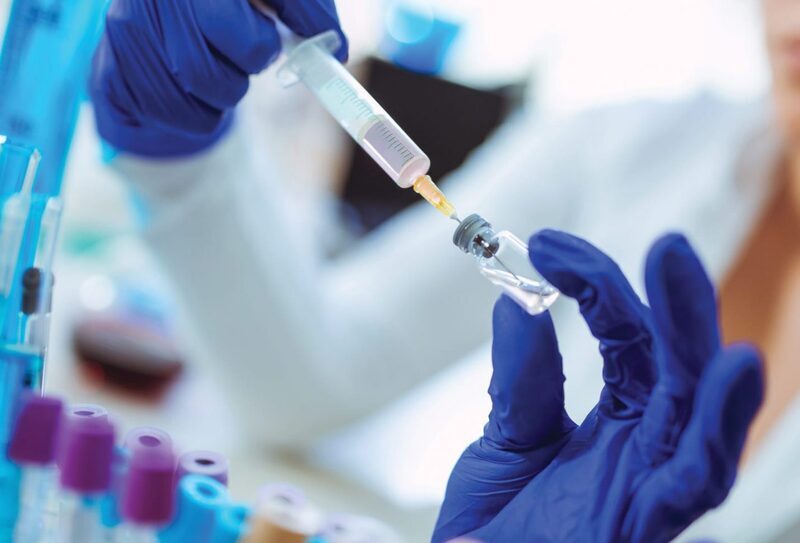
C3S: July 22 hottest day in recent history
July 22 was the hottest day on earth in recent history, according to the Copernicus ...

Egypt has decided to join the world’s march to develop vaccines through signing a number of memorandums of understanding (MoUs) with multinationals in order to exchange knowledge and engage in partnerships for health care development.
Pursuing Sustainable Development Goal 3 on ensuring healthy lives and promoting well-being for all ages, the Egyptian government has decided to invest in Research and Development (R&D) of the health sector. R&D is a very lengthy and long term process, yet extremely important for building nations.
Investing in vaccines simply gives more health protection, thus decreasing the mortality rate and shrinking health care expenditure in general.
The coming decades will see major advances in the development of vaccines for infectious diseases as well as chronic ones, like cancer and Alzheimer’s disease, according to one of the leading scientists behind modern immunization.
Dr Stanley Plotkin, who created the rubella vaccine in 1960s, believes new scientific knowledge has transformed immunization and will lead to more vaccines for adults and adolescents. He also expects breakthroughs in how vaccines are made, distributed and administered.
Combining vaccines is an important step. Transcutaneous vaccination is now a fact in Europe for influenza. . One doesn’t have to give as many injections these days. Certainly, methods of introducing vaccines through skin are multiple. Aerosol has been well developed for measles and could be developed for other antigens. Oral vaccines are more problematic due to the difficulty of evading the tolerance mechanisms of the gut but there are interesting technical advances in that area. The sublingual administration of vaccines is another method which could become more important.
There is certainly already a move in that direction. There are several vaccines for adolescents and a limited number for adults but that will inevitably change. Of course, children will need to be protected against the things from which scientists seek to protect the adults at the moment.
Vaccines have an important role in the global fight against anti-microbial resistance. Governments, non-governmental organizations (NGOs) and industry must work together to increase use of existing vaccines, boost early stage scientific research and sustain viable markets for future vaccines.
Technology could improve the simplicity and efficiency of vaccine delivery as it can reduce the need for multiple doses of a vaccine by boosting the body’s immune response.
Technology also works on improving manufacturing processes to deliver vaccine doses more quickly. Making transportation and storage of vaccines easier could reduce wastage.
Egypt has upgraded its mindset with regard to spending on research and development which is important to build not only a globally competitive economy, but a knowledge-driven economy as well. R&D investment helps develop new products and services that drive growth, create jobs, and improve the national welfare.
July 22 was the hottest day on earth in recent history, according to the Copernicus ...
Google has engaged in partnership with DHL to utilize the DHL Express GoGreen Plus service ...
Mars has announced registering a record 8% greenhouse gas (GHG) emissions reduction against its 2015 ...


اترك تعليقا